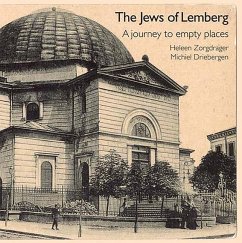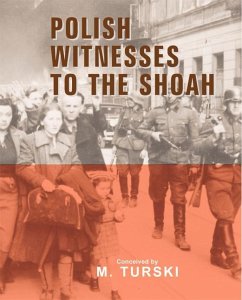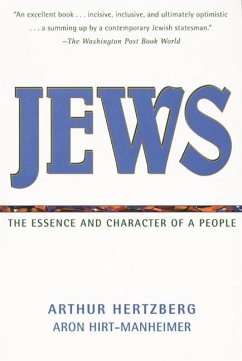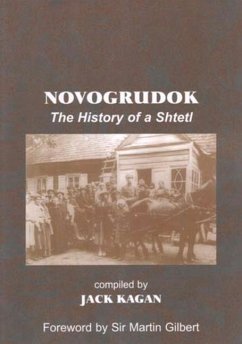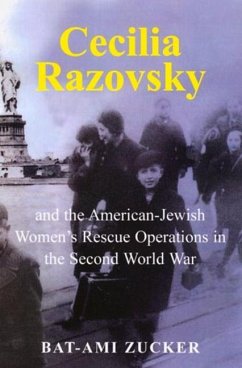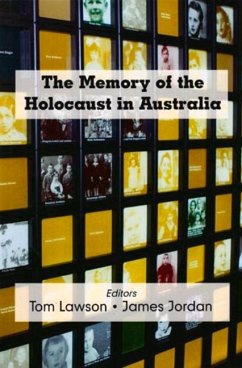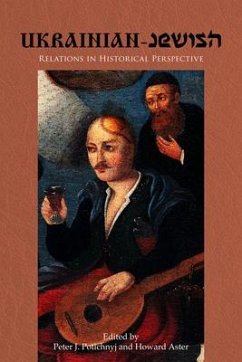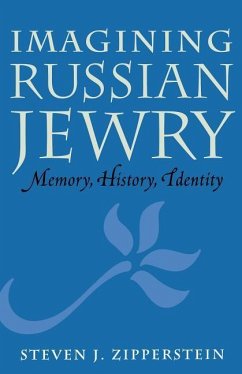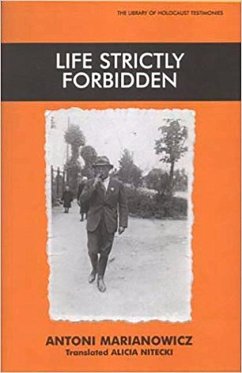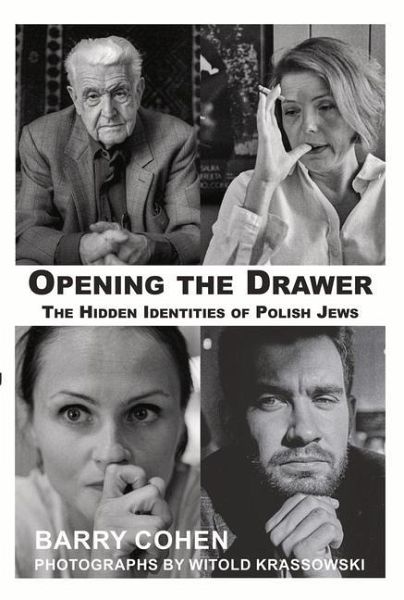
Opening the Drawer
The Hidden Identities of Polish Jews
Fotograf: Krassowski, Witold
Versandkostenfrei!
Versandfertig in über 4 Wochen
26,99 €
inkl. MwSt.

PAYBACK Punkte
13 °P sammeln!
"For the first time in a single volume, Opening the Drawer brings together illustrated profiles of three generations of Poles who discovered their hidden Jewish identity in often surprising ways. Drawing on interviews with child Survivors of the Holocaust, the post-war second generation and the post-Communist third generation, these voyages of discovery are not simply variations on a theme, but memorable depictions of unearthing long-buried family histories and secrets. They include the stories of a Catholic priest, a former anti-Semitic football hooligan, students, academics and renowned writ...
"For the first time in a single volume, Opening the Drawer brings together illustrated profiles of three generations of Poles who discovered their hidden Jewish identity in often surprising ways. Drawing on interviews with child Survivors of the Holocaust, the post-war second generation and the post-Communist third generation, these voyages of discovery are not simply variations on a theme, but memorable depictions of unearthing long-buried family histories and secrets. They include the stories of a Catholic priest, a former anti-Semitic football hooligan, students, academics and renowned writers. Each generation has confronted a specific Polish environment which shaped their lives. The Holocause survivors were usually raised as Catholics, ironically some even grew up in anti-Semitic families. Members of the second generation are frequently the offspring of dedicated Communists or leftists who shunned any kind of Jewish identification, and many discovered their roots in traumatic circumstances. Younger Poles are very much the product of the democratic society that emerged after the fall of Communism. Growing up in a more tolerant civil society, they were spared the challenges faced by previous generations, and were less constrained in developing and sharing their new identity. In a sharp departure from the past, many Poles are expressing a deep, sympathetic interest in the phenomenon of emerging Jews by flocking to Jewish museums and cultural festivals. Until recently, Poland was regarded as a tragic land of ghosts where Jewish life had ceased to exist. But these wide-ranging profiles gathered by Barry Cohen reflect a growing spectrum of communal activities that paint a different picture"--Back cover.



